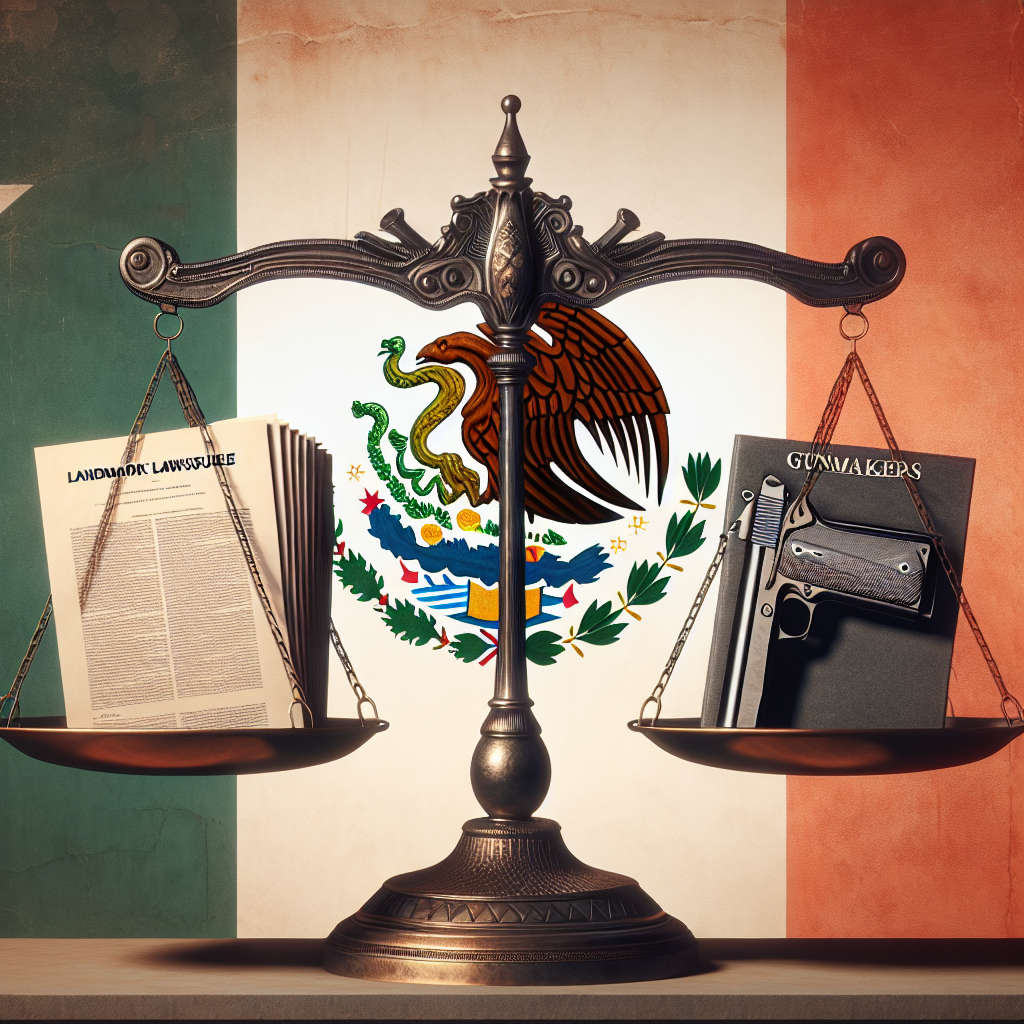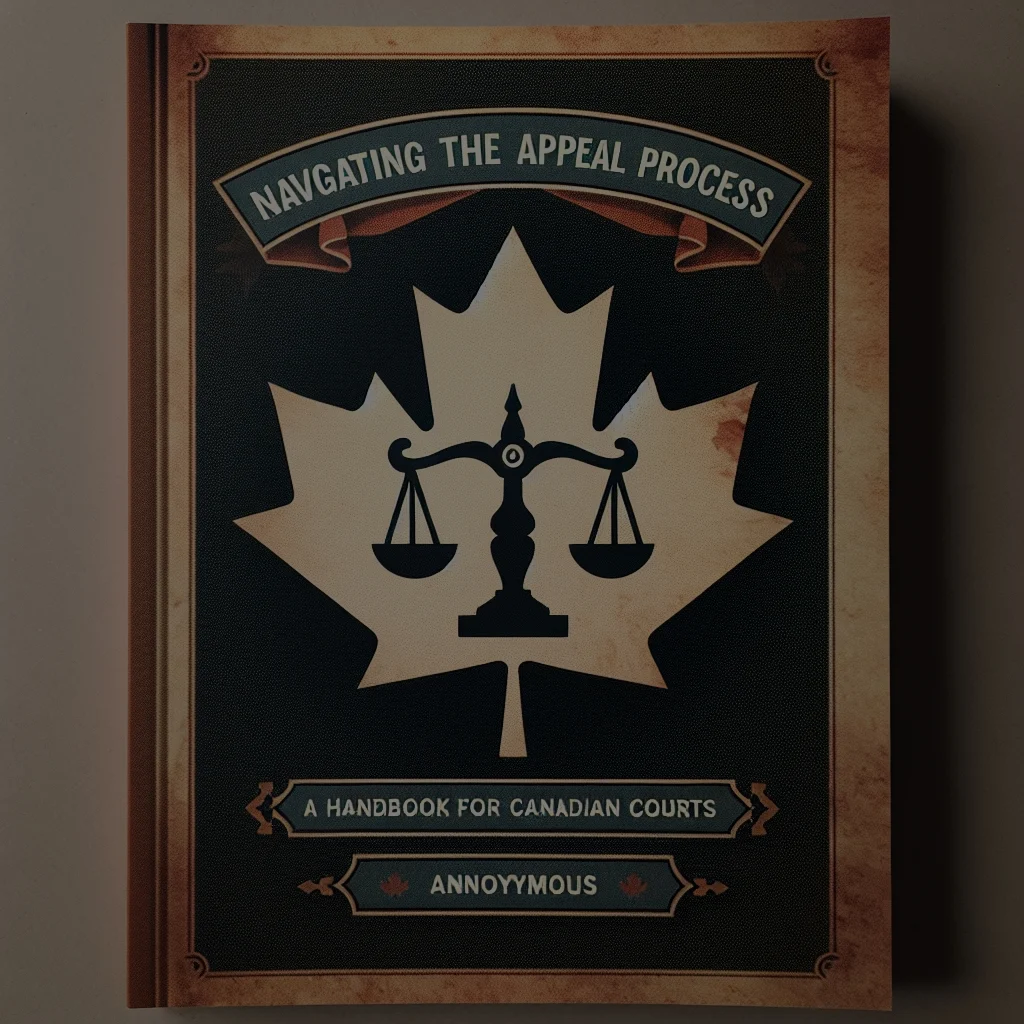The ongoing debate over gun control and the responsibilities of firearm manufacturers has reached a pivotal moment as the U.S. Supreme Court prepares to weigh a landmark lawsuit brought against gunmakers in Mexico. This case, which arises from the rampant violence tied to drug trafficking and organized crime in Mexico, challenges the legal protections that gun manufacturers have traditionally enjoyed. The implications of this lawsuit extend far beyond the courtroom, impacting gun policy in both nations and the delicate relationship between the United States and Mexico.
Overview of the Landmark Lawsuit Against Gunmakers in Mexico
The lawsuit, filed by the Mexican government, seeks to hold U.S. gun manufacturers accountable for the illegal trafficking of firearms that have significantly contributed to violence in Mexico. The plaintiffs argue that manufacturers should be liable for their role in enabling the flow of guns across the border, which has devastated communities plagued by drug-related violence. This case marks the first time a foreign government is attempting to hold American gun manufacturers responsible for the consequences of their products beyond U.S. borders.
Historically, the Protection of Lawful Commerce in Arms Act (PLCAA) of 2005 has provided broad immunity to gun manufacturers from lawsuits arising from gun violence. However, this lawsuit challenges that immunity by alleging that manufacturers engaged in negligent practices which knowingly facilitated illegal sales and distribution of their products. The Mexican government contends that the sheer volume of firearms sold in the U.S. directly correlates with the violence experienced in Mexico, thus establishing a link that the courts will need to evaluate.
As the Supreme Court prepares to hear the case, the stakes are high. A ruling favoring Mexico could set a precedent for future lawsuits against gun manufacturers, potentially opening the floodgates for similar actions from other countries. Conversely, a decision against Mexico may reinforce the legal shield that gunmakers have enjoyed, thereby curtailing any momentum for reform in how gun manufacturers are held accountable for their products.
Implications of the Supreme Court’s Decision on Gun Policy
The Supreme Court’s ruling on this case will have significant implications for gun policy in the United States and abroad. Should the Court rule in favor of the Mexican government, it could lead to increased scrutiny of gun manufacturing practices and greater legal accountability for companies. This outcome may prompt gun manufacturers to adopt more stringent safety measures and transparency in their distribution processes, thereby influencing the broader conversation around gun control and responsibility in the U.S.
On the other hand, if the Court decides against Mexico, it may reaffirm the protections afforded to gun manufacturers under the PLCAA, potentially stifling future legal challenges. Such a ruling could embolden the gun industry, leading to less regulation and further entrenchment of the status quo. This outcome may also deter other foreign governments from pursuing similar legal action, fearing that their efforts will be met with the same resistance.
In addition, the Supreme Court’s decision will serve as a barometer for the current state of gun control in America. As public sentiment continues to shift regarding gun violence and regulation, the ruling may either catalyze legislative changes or reinforce existing barriers to reform, impacting the ongoing debate about the responsibilities of firearm manufacturers.
Key Arguments Presented by Both Sides in the Case
The Mexican government’s primary argument centers on the assertion that U.S. gun manufacturers have engaged in irresponsible practices that contribute to the proliferation of firearms in Mexico. They argue that companies have knowingly marketed their products in a way that targets Mexican consumers, despite being aware of the criminal context in which these firearms are likely to end up. Furthermore, they maintain that the manufacturers do not take adequate steps to prevent illegal sales, thereby perpetuating the cycle of violence that plagues Mexican society.
Conversely, the gun manufacturers argue that they are not responsible for the actions of individuals who illegally traffic guns across international borders. They contend that their products are legal and that they operate within the bounds of U.S. law. The manufacturers also assert that the PLCAA provides them with necessary protections that should shield them from liability stemming from criminal activities committed by third parties. They emphasize the importance of lawful gun ownership and the rights of individuals to access firearms for legitimate purposes, framing the lawsuit as an attack on the Second Amendment.
Both sides present compelling narratives, creating a complex legal landscape for the Supreme Court to navigate. The Court will need to carefully weigh the implications of upholding or overturning existing legal protections for gun manufacturers against the pleas of a nation seeking justice for the violence inflicted by their products. The decision will ultimately reflect how the judiciary interprets the interplay between corporate responsibility and individual rights in the context of gun violence.
Potential Impacts on U.S.-Mexico Relations and Gun Control
The outcome of this landmark lawsuit is poised to have far-reaching effects on U.S.-Mexico relations, particularly in the realm of security and law enforcement cooperation. Should the Supreme Court rule in favor of the Mexican government, it could signify a commitment by the United States to take responsibility for the consequences of its gun policies on neighboring countries. Such a decision might foster a sense of goodwill and collaboration, potentially leading to strengthened bilateral efforts to combat drug trafficking and organized crime.
Conversely, a ruling in favor of gun manufacturers could exacerbate tensions between the two countries, particularly regarding the ongoing challenges posed by gun violence in Mexico. This outcome may be perceived as a denial of accountability on the part of the U.S., which could strain diplomatic relations. The Mexican government has long urged the United States to adopt stricter gun control measures to mitigate the flow of firearms into Mexico, and a ruling against them could hinder future discussions on cooperative security initiatives.
Moreover, the case could have implications for domestic gun control debates within the United States. As advocacy groups argue for stricter regulations to curb gun violence, a ruling that limits the legal accountability of gunmakers could be viewed as a setback in the fight for reform. Conversely, if the ruling supports greater accountability, it may galvanize grassroots movements and policymakers to push for stronger gun laws, reshaping the narrative around gun control in the U.S. and how it relates to international responsibilities.
As the Supreme Court deliberates on this historic case, the implications extend beyond the immediate legal questions at hand. The decision will not only shape the future of gun policy in the United States but also redefine the international responsibilities of gun manufacturers, impacting U.S.-Mexico relations in profound ways. With communities on both sides of the border looking for solutions to the pervasive issue of gun violence, the world waits to see how the judiciary will balance corporate protections with the urgent call for accountability and justice.


